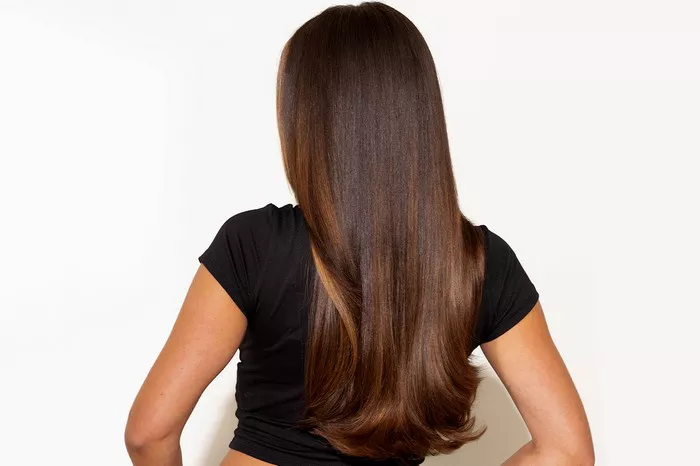As we move into 2025, haircare trends are shifting towards sustainability and a greater emphasis on eco-conscious choices. The focus is not just on the final results but also on the ingredients, packaging, and the impact on both our hair and the planet.
Sustainable ingredients are at the forefront, with biodegradable formulas and recycled packaging gaining momentum. Consumers are now more informed, seeking plant-based ingredients like aloe vera, coconut oil, argan oil, and rosehip oil for their nourishing properties. Botanical extracts such as green tea, chamomile, and lavender are also expected to gain popularity due to their soothing and antioxidant benefits.
Probiotics and prebiotics continue to make waves, with increasing attention to their positive effects on scalp health, helping balance the microbiome, prevent dandruff, and encourage hair growth. Hair-strengthening peptides and growth stimulators like caffeine, biotin, and redensyl are also in high demand as more people look for products to boost hair thickness and reduce breakage.
In terms of formulas, consumers are opting for silicone-free options, with plant-derived silicones like cetearyl alcohol offering a smoother alternative. Harsh sulphates and parabens are on their way out, with gentler cleansers and fragrance-free or naturally-scented options becoming more desirable. Additionally, products containing microplastics will face increased scrutiny due to growing concerns over their environmental impact.
The future of haircare is clearly evolving toward cleaner, greener, and more sustainable products, with a focus on both performance and planet-friendly practices. As these trends continue to unfold, we can expect the industry to be shaped by innovation, care for the environment, and more conscious consumer choices.
Related topics:
- The £8 Shampoo Dermatologists Recommend for Fighting Hair Loss
- The Surprising Reason You’re Getting Gray Hair, According to Experts
- Amazon’s Top-Rated Hair Mask for Soft, Silky Hair


